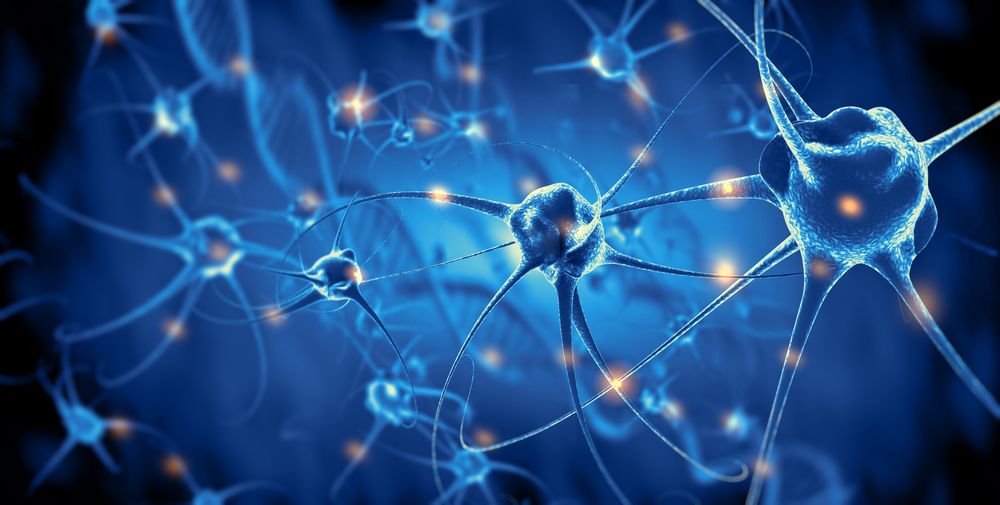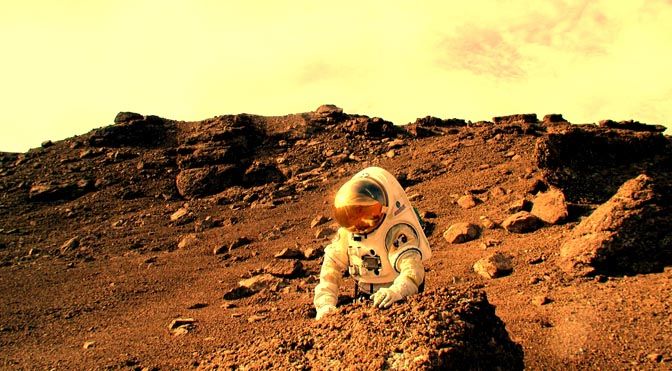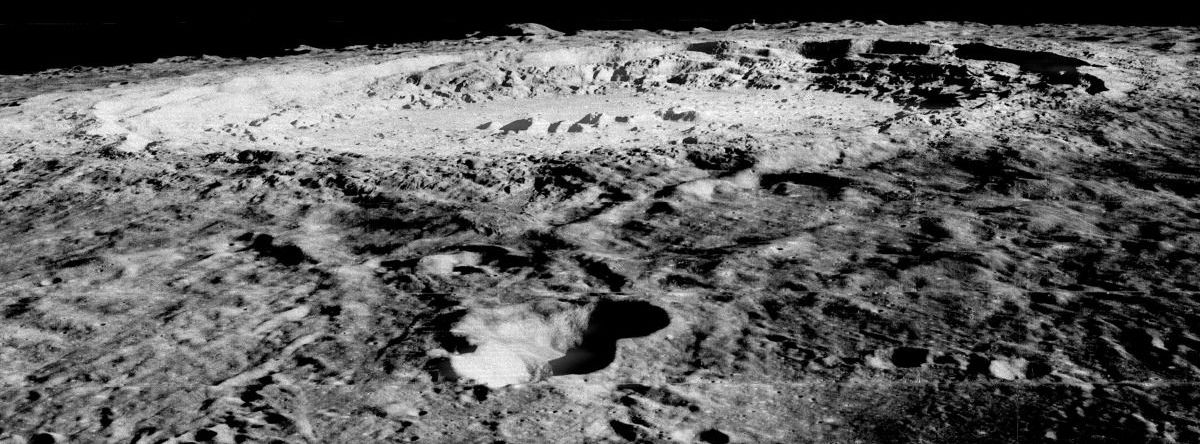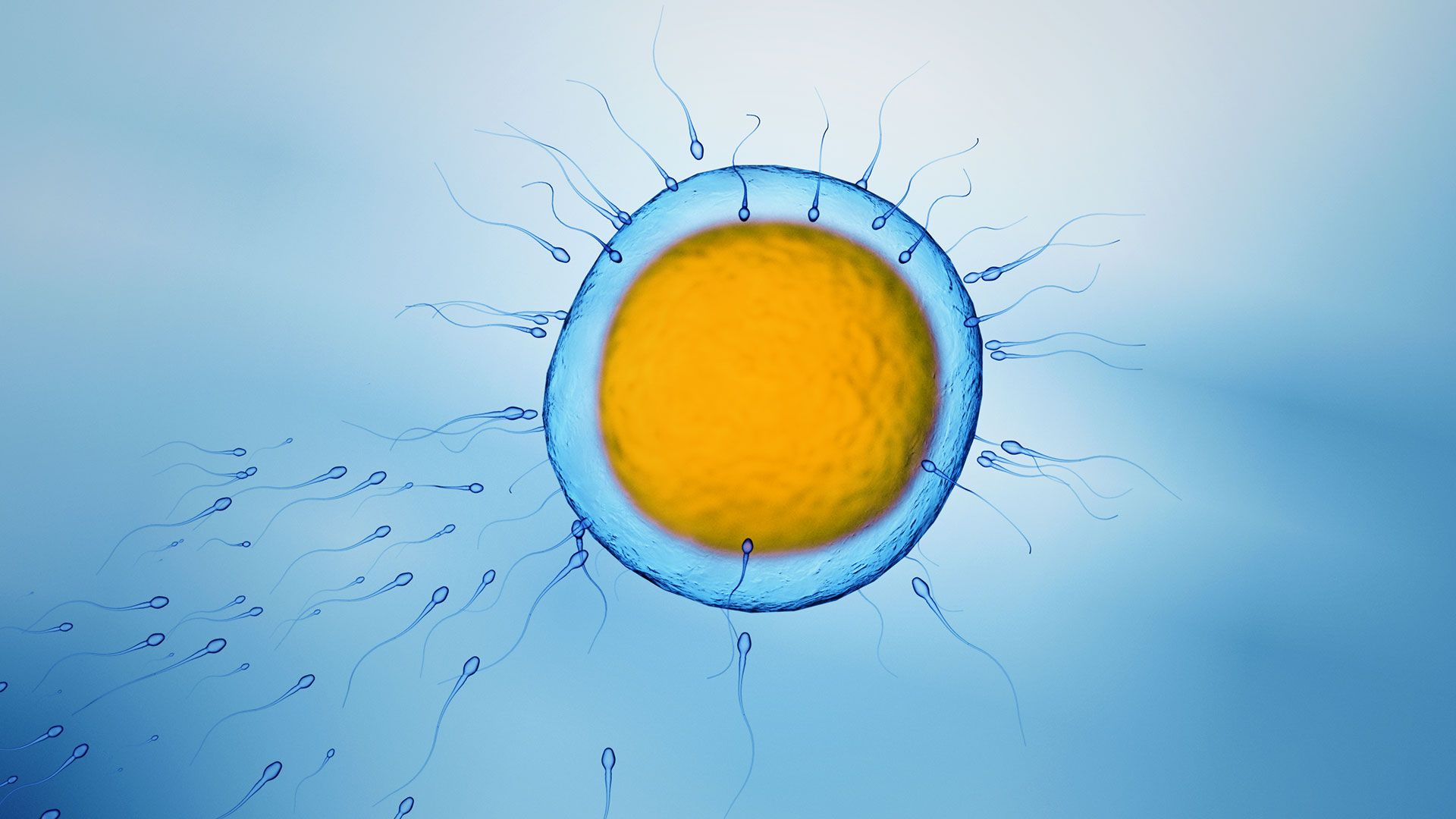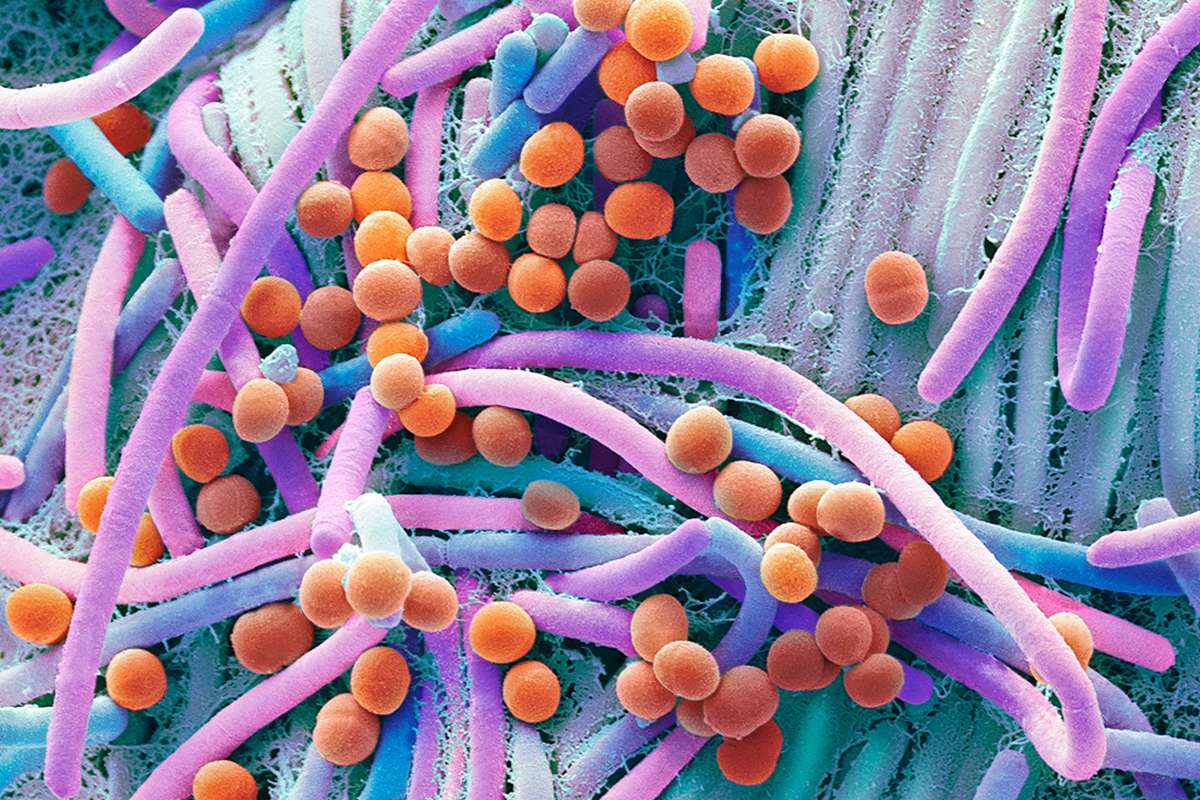Archive for the ‘biotech/medical’ category: Page 2254
Oct 4, 2018
Physicist Who Coined the ‘God Particle’ and Sold His Nobel Prize to Pay Medical Bills Dies at 96
Posted by Genevieve Klien in category: biotech/medical
Leon Lederman, the former head of the Fermi National Accelerator Lab and winner of the Nobel Prize in physics in 1988, died at a nursing home in Idaho on October 3rd. He was 96.
Lederman will perhaps best be remembered for coining the phrase “the God particle,” referring to the Higgs boson, which was theorized for decades before it was finally observed in 2012.
Oct 4, 2018
Scarlet Protein Might Protect Against Parkinson’s Disease
Posted by Nicola Bagalà in categories: biotech/medical, neuroscience
Scarlet protein has a protective effect against Parkinson’s disease in fruit flies.
Researchers at the Department of Biological Sciences at Lehigh University in Bethlehem, Pennsylvania, discovered that a protein known as Scarlet has protective effects against the fruit fly version of Parkinson’s disease [1].
Abstract
Continue reading “Scarlet Protein Might Protect Against Parkinson’s Disease” »
Oct 4, 2018
Fisetin Found in Strawberries Clears Senescent Cells in Mice
Posted by Steve Hill in categories: biotech/medical, life extension
Today, we want to bring your attention to a recent mouse study on fisetin, a commonly available supplement that has proven effective at destroying senescent cells.
What are senescent cells?
As we age, increasing amounts of our cells enter into a state known as senescence. Normally, these cells destroy themselves by a self-destruct process known as apoptosis and are disposed of by the immune system. Unfortunately, as we age, the immune system declines, and increasing numbers of senescent cells escape apoptosis and accumulate in the body.
Oct 4, 2018
Deep Space Exploration Could Permanently Damage Human GI Tracts
Posted by Shailesh Prasad in categories: biotech/medical, space travel
Humans aren’t built for deep space exploration. We’ve evolved to live here on Earth with an atmosphere, gravity, and a vitally important magnetic field that deflects high-energy cosmic radiation. It will take all our technological prowess to expand on to other worlds, and it won’t simply be a matter of physically getting there. We also need to preserve delicate human biology. A new study from Georgetown University and NASA suggests it may be much harder than we thought to ensure astronauts maintain healthy gastrointestinal (GI) tract tissue in space.
While doctors expect long-term exposure to high-energy radiation will have myriad effects, it’s difficult to study them in a lab on Earth. The effects of the GI tract are easier to assess because the cells lining this body system are replaced every few days. New cells migrate upward from a structure called a “crypt” to take their places lining the gut. Any disturbance of this mechanism can lead to dysfunction.
The study assessed mice under exposure to different radiation conditions as an analog for humans. They’re much smaller, so they can’t handle as much radiation has a human. However, their GI tracts respond much like ours would from exposure to high-energy particles. The researchers used the NASA Space Radiation Laboratory (NSRL) in Brookhaven National Laboratory to bombard the mice with either simulated galactic cosmic radiation (sometimes called cosmic rays), gamma rays, or no radiation (control group).
Continue reading “Deep Space Exploration Could Permanently Damage Human GI Tracts” »
Oct 4, 2018
A Nonprofit Plans to Store Human Knowledge in DNA and Store It on the Moon
Posted by Shailesh Prasad in categories: biotech/medical, space
The Arch Foundation plans to encode important books and crowdsourced images into synthetic DNA molecules and store them on the Moon.
Oct 4, 2018
Human Immature Eggs Made From Blood Cells for the First Time
Posted by Shailesh Prasad in category: biotech/medical
They were right. Last week, writing in Science, a Japanese team reported a formula that transforms human blood cells into immature eggs. With the help of an artificial womb made from mouse ovary cells, the human cells underwent changes to their DNA that mimics those in a 10-week-old, normal human egg.
The resulting eggs are far from full-blown eggs, and they can’t yet be fertilized to create human embryos.
But “this cannot be denied as a spectacular next step,” said Dr. Eli Adashi at Brown University, who was not involved in the study. “Considering how difficult this has been in a human, [this new study] in a way broke the ice.”
Continue reading “Human Immature Eggs Made From Blood Cells for the First Time” »
Oct 4, 2018
Faecal swaps could help stop heart transplants from being rejected
Posted by Xavier Rosseel in category: biotech/medical
Not sure about this, microbiome is known to be quite stable and to revert back to some kind of base line…even after faecal swaps… Curious what that could mean over time.
By Clare Wilson
The key to organ transplants might lie in an unexpected place – the gut. Giving mice a faecal transplant made them more tolerant of a subsequent heart transplant.
Continue reading “Faecal swaps could help stop heart transplants from being rejected” »
Oct 4, 2018
Bioquark Inc. — Younger Every Day Podcast — Ira Pastor
Posted by Ira S. Pastor in categories: aging, bioengineering, biotech/medical, cryonics, futurism, genetics, health, life extension, neuroscience, transhumanism
Oct 4, 2018
5 Sci-Fi Books Biotech Geeks Should Read Right Now
Posted by Mike Ruban in categories: biotech/medical, robotics/AI, space travel, time travel
From space colonization to resurrection of dinosaurs to machine intelligence, the most awe-inspiring visions of humanity’s future are typically born from science fiction.
But among an abundance of time travel, superheroes, space adventures, and so forth, biotech remains underrepresented in the genre.
This selection highlights some outstanding works (new and not so new) to fill the sci-fi gap for biotech aficionados.
Continue reading “5 Sci-Fi Books Biotech Geeks Should Read Right Now” »


